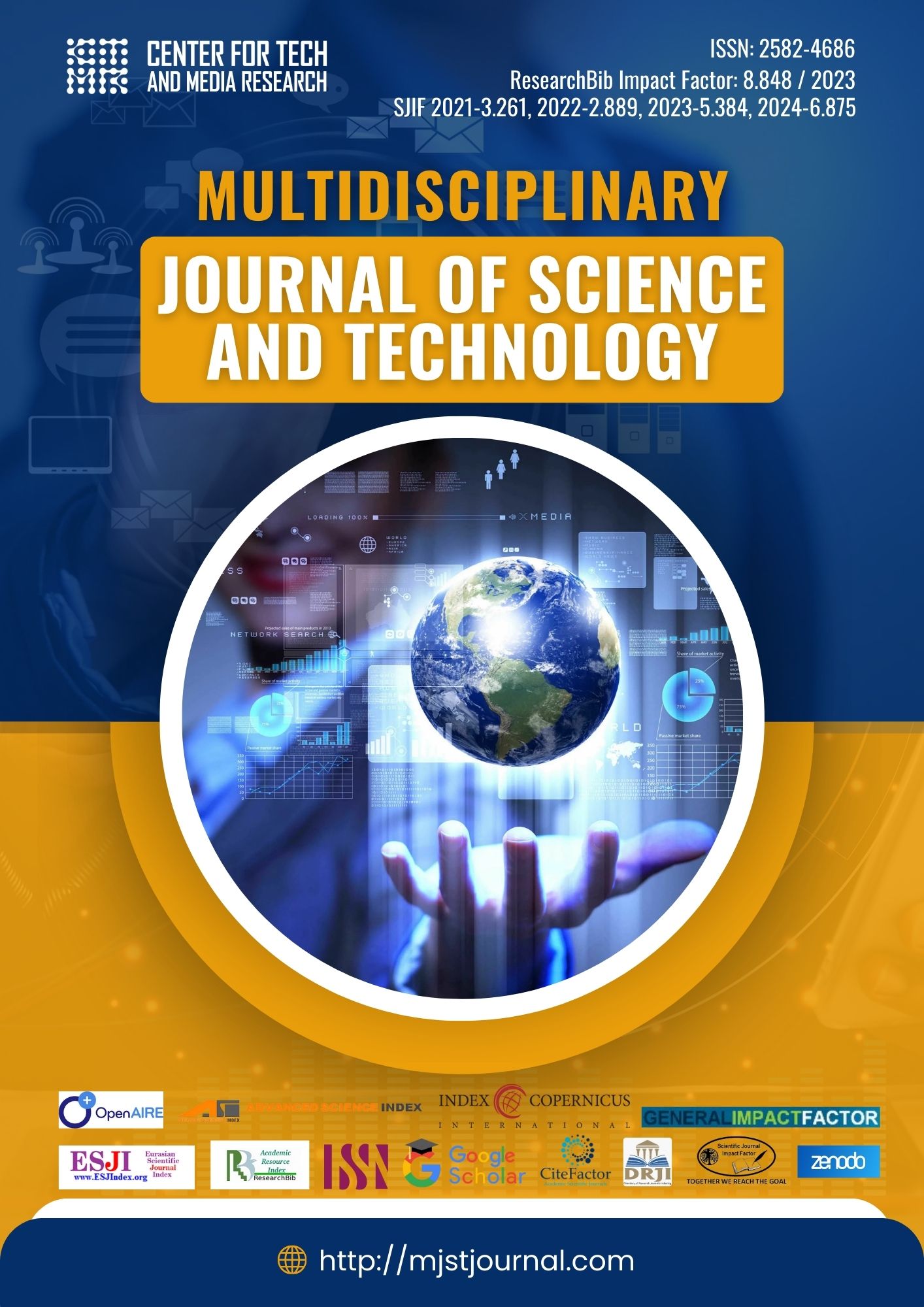How AI affects students ‘s performance and mark at university
O.A.Ashurbaev
Senior Lecturer, MU University, Tashkent
M.Z.Urayimova
Student, MU University, Tashkent
Keywords: AI and personalized learning, risky processes of artificial intelligence, benefits of Ai in skill development, primary research results
Abstract
Artificial intelligence is increasingly advancing in higher education and training in a variety of ways, and the demands will bring various changes to the way we learn. In addition, it affects academic results. This article examines and analyzes the impact of artificial intelligence (AI) on the way universities and higher education institutions operate and evaluate. It also assesses the benefits of AI in education. Based on primary and secondary research surveys and interviews, the research suggests that AI can improve personalized learning and improve academic performance, improve efficiency in academic approaches, and address potential problems among students. supports. Also discussed are the processes of artificial intelligence overuse and overconfidence. The results of this research showed that 60 percent of university professors stated that artificial intelligence would be of great benefit to the students in helping them to better master the assignments and textbooks. The remaining 40 percent disagreed, saying they were concerned that AI would undermine students' ability to think independently and make decisions for themselves. According to the statistical result, we observed that many students mainly use Chatgpt tool more. It has been observed that Ai is currently working well for them and providing them with good benefits for finding and researching information.
References
Chassignol, M., Khoroshavin, A., Klimova, A. and Bilyatdinova, A. (2018). Artificial Intelligence trends in education: a narrative overview. Procedia Computer Science, [online] 136(1877-0509), pp.16–24. doi:https://doi.org/10.1016/j.procs.2018.08.233.
Gulson, K.N. and Witzenberger, K. (2020). Repackaging authority: artificial intelligence, automated governance and education trade shows. Journal of Education Policy, pp.1–16. doi:https://doi.org/10.1080/02680939.2020.1785552.
Huang, M.-H. and Rust, R.T. (2021). A Strategic Framework for Artificial Intelligence in Marketing. Journal of the Academy of Marketing Science, 49(1), pp.30–50. doi:https://doi.org/10.1007/s11747-020-00749-9.
Leovigildo Lito Mallillin and D Mallillin (2024). Artificial Intelligence (AI) Towards Students’ Academic Performance. [online] ResearchGate. Available at: https://www.researchgate.net/publication/381855565_Artificial_Intelligence_AI_Towards_Students.
McKinsey & Company (2022). The state of AI in 2022--and a half decade in review | mckinsey. [online] www.mckinsey.com. Available at: https://www.mckinsey.com/capabilities/quantumblack/our-insights/the-state-of-ai-in-2022-and-a-half-decade-in-review.
Shannaq, B. and Al-Zeidi, A. (2024). Intelligent Information System: Leveraging AI and Machine Learning for University Course Registration and Academic Performance Enhancement in Educational Systems. Studies in Big Data, pp.51–65. doi:https://doi.org/10.1007/978-3-031-71213-5_5.
Sihem GUIDOUM and SAADI, E. (2024). The Impact of Artificial Intelligence on Students’ Academic Performance from University Teachers’ Perspectives. The Impact of Artificial Intelligence on Students’ Academic Performance from University Teachers’ Perspectives, [online] 5(3), pp.381–395. doi:https://doi.org/10.70091/atras/ai.24.

















